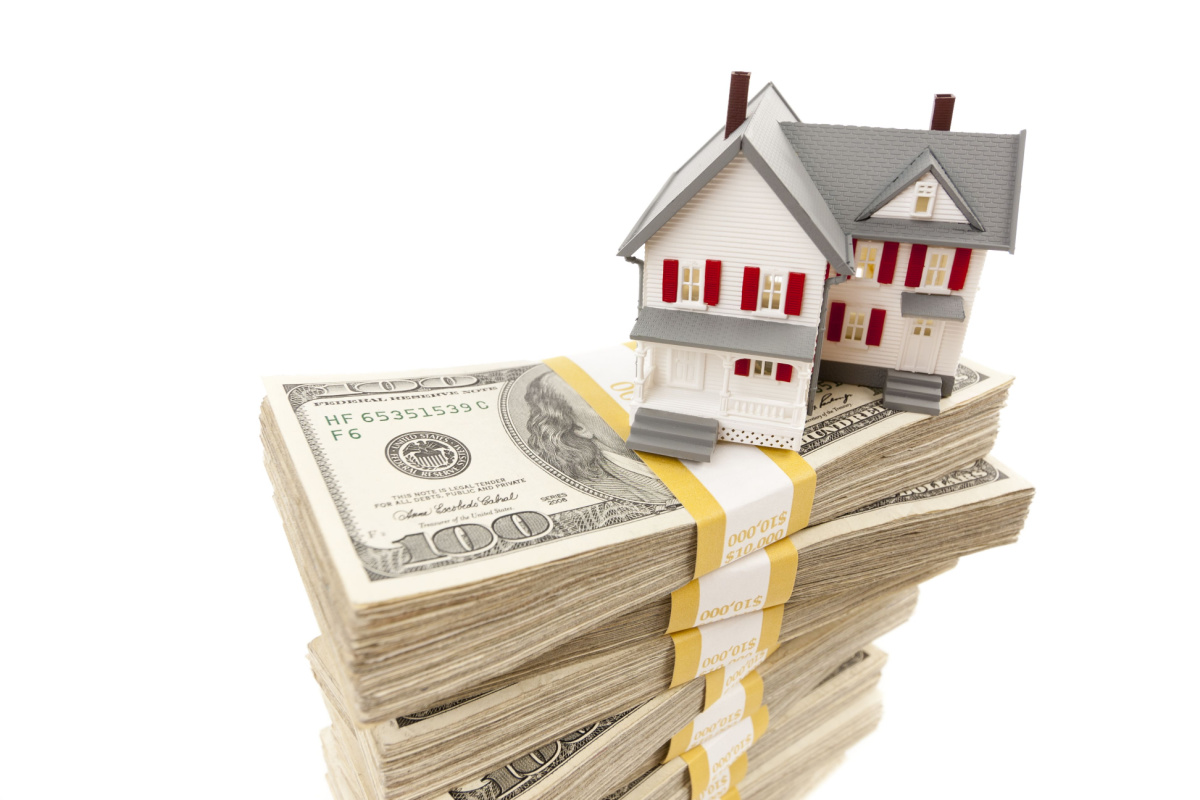From Crash to Cash: Why and How Cash Buyers and Sellers are Becoming a Necessity
November 4, 2022

During the recent housing crisis, supply chain shortages were not the only issues facing potential buyers. Besides this, securing a mortgage from a provider can be difficult and potential buyers, even those with conventional loans as opposed to FHA, are facing even more daunting competition: cash buyers. Even if underbid, a cash buyer is often far more appealing to sellers for a multitude of reasons such as less risk, no inspection requirements, lower closing costs and a quicker closing altogether. As markets shift and a variety of issues within the housing market continue to crop up, the need for cash sellers and buyers could potentially exponentially increase alongside.
Even if you don’t have the funds, buying or selling a house for cash can be simple with places like Sell House, but how could this need arise in the first place? Below we’ll go over several key factors contributing to the modern “cash is king” of the housing market.
A Younger Generation of Borrowers
At the time of purchase, modern-day borrowers are now considered less-likely than ever to default on a loan than those who did so before the current bubble. However, the cost of living continues to climb skyward throughout the US and finances are susceptible to alterations.
Studies show that over 31 percent of those purchasing a house are first time home buyers. Not only that, but these first time home buyers are in the Millennial/ Gen Z age-range. A study from LinkedIn found that Millennials are 24% more likely to job hop than they were previously, and Gen Z a whopping 134% more likely to do the same. While job hopping has the potential to lead to a higher wage, it can also have the potential to become a serious financial detriment.
Less for More and Rising Debts
Over the past few years, you’ve likely heard numerous predictions of a coming recession. Inflation meant higher consumer rates and the Federal Reserve raised its funds rate with the largest increase in 22 years. Short term credit rates and adjustable rate mortgages can be easily negatively impacted by this. According to data from Experian, the average credit card debt of Gen Z saw a 25 percent increase from April 2020 to January 2022, and the average Millennial debt grew by 13 percent. Though higher rates could mean that consumers begin to spend less, the previously amassed debt still remains.
Consumers are losing confidence quickly, and there’s powerful reasoning for this. Despite the aforementioned, the war in Ukraine has led to several rippling effects. An oil embargo has led oil rates to climb exponentially, meaning gas and energy bills have exploded, working in tandem with an already volatile inflation increase.
So, first time homebuyers make up a large quantity of current house purchases and these first time homeowners are more likely to come from younger generations which have higher debt rates which have likely increased in interest rates. This combines with not only increasing consumer product pricing but also costlier energy prices. A lender can gauge the best potential borrowers, but a crisis is a crisis.
A loss in confidence from all of this can mean people become less likely to make a large financial commitment such as buying a home. What happens next? Interest rates can easily crash, and with it comes foreclosures and people looking to get out of their homes fast.
A Game of Chance
Homebuyers are having to weigh the pros and cons of purchasing now. They could buy a house now and bank on a long term return on their investment if equity stays on its most recent trajectory. Additionally, they could possibly save by locking in a lower interest rate before prices and rates jump. However, the opposite is seeming more and more to be equally as possible if not more, with all of the previously mentioned factors accumulating into an extreme crash.
Buyers during the boom could face a realization of potential risk and may be forced to choose staying in their house until an unpredictable market rebound or selling at a loss. Unfortunately for many, it is likely that selling could become their only option.
What this Means for Cash Buyers & Sellers
So, if there’s already a housing shortage going on, how could anyone buy a home, let alone sell it to an unwilling market? The answer is cash.
The typical closing time for a traditional loan route is around thirty days, however, a myriad of issues can arise from inspections, subsequent buyer requests and lengthy negotiations. Not to mention upgrades and repairs that may need to be done to meet the stricter requirements of FHA loans if you’re selling to a borrower with one. After this likely impending crash, the sooner you buy or sell, the better and, according to research data from Zillow, cash sales can easily close in as little time as two weeks.
Additionally, shortages in housing could still remain a reality, even amongst a crash, with the supply chain seeing intense disruptions from shortages and embargos. Selling to the highest cash bidder may become the only option for many with a need to sell quickly and with the best ROE possible, even if that means choosing the lowest negative return. But why wait for this downturn? Selling your house for cash now is a smart move now more than ever.
If you’re looking to buy or sell your house for cash quickly and easily, SellYourHouseForCash does just this. They cut out all of the hassle by securing new bids on a house, without the contingency of a loan and help buyers by streamlining the entire moving process. If you’re interested in buying or selling your home for cash, reach out today and get started!
